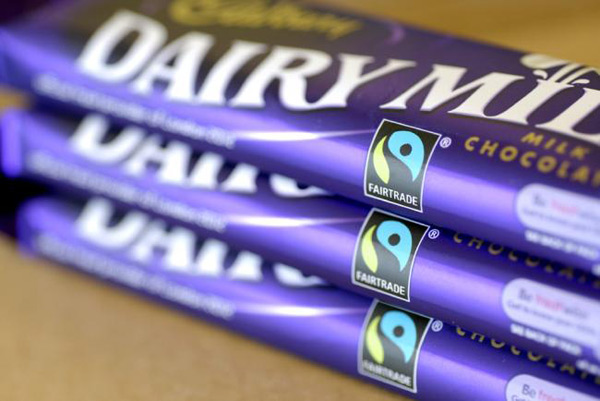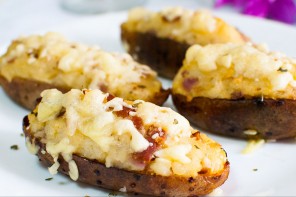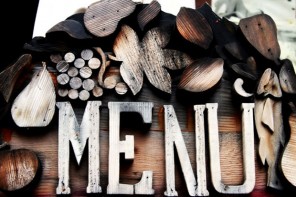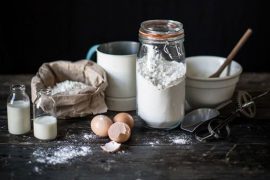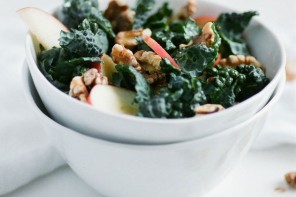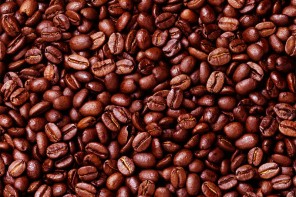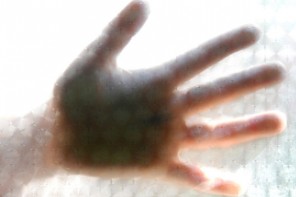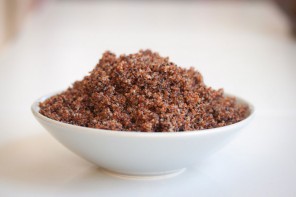Were the products you buy made in a manner your ethics can agree with?
What is Fair Trade?
The term Fair Trade (two words) almost speaks for itself – it means a trade of something that has been produced ‘fairly‘. This specifically makes reference to those people who were involved in the manufacturing process; that they were treated in an ethical manner and received fair payment while their health was honoured and their dignity kept intact.
With the trend of Organic and Green spreading throughout the globe, so too has the Fair Trade movement become a topic on people’s minds and lips. If we are to treat the earth well, surely we should treat those who live on it with respect as well?
Although Fair Trade does not necessarily mean Organic, strict standards also ensure sustainable methods of farming are used, meaning a better product all round.
Fairtrade certifying
Fairtrade (one word) International is a certifying body whose label can be found on those products that adhere to certain standards, ensuring ethical treatment of workers and a sustainable approach to the land. Trusted and respected worldwide, the Fairtrade Label was rated amongst the top ten most desirable brands in the UK last year.
First established in 1997 as a collaboration of independent initiatives who shared the same concerns, Fairtrade International like to focus on alleviating poverty in developing countries, for example by encouraging co-operatives and generally just protecting producers from being ripped off, guaranteeing small-scale farmers around the world a better future for themselves and their family.
Fairtrade Label South Africa was launched in 2009 and their team are working as we speak to get their certification label on many more of our local products. Auditing companies annually, they collaborate with support organisations to offer free consultations as well as helping to facilitate any labour issues that may arise throughout the year.
What is un-Fair Trade?
The little man at the beginning of the production chain doesn’t also experience the benefits of sale. Everyone has heard of slave labour and child labour, but there are many other variations of un-fair trade that happen in business.
In most cases the focus of a business is less on the health and future of its workers and more on the profit it can turnover for its own selfish gains. A well-known local example of this is the infamous ‘dop system’ – where workers on wine farms were paid with the wine dregs – the damaging repercussions of which are still evident today.
‘A lack of government monitoring in the area of labour treatment is a problem throughout the whole of Africa,’ says Arianna Baldo, business manager of Fairtrade Label South Africa.
Many chemicals that are legal in SA are prohibited for use on Fairtrade Certified farms (for example the highly toxic and commonly used chemical ‘Paraquat’) and according to last year’s Human Rights Watch Report on South Africa’s labour treatment situation – a document that has since been criticised for being too negative – workers on local fruit and wine farms are ‘denied adequate housing, proper safety equipment and basic labour rights’.
So if businesses and even our government are not taking adequate responsibility for the well-being of labourers, then perhaps it is time us, the consumers, show our concern. Although globalisation and the current large-scale free trade market make it more difficult to track down whether products were created in an ethical and ‘fair’ way, it simply requires us to be more informed than ever.
And of course the Fairtrade Label can assist in helping us make the right choice.

Why should we care?
When you buy a product, you are indirectly supporting that company’s business practises. Unfortunately it would be naïve to assume workers are always treated in the best way, and so if we really care then it is necessary to go out our way as the consumer to buy products we know were manufactured using ethical social practises.
It is also true that consumers hold a certain amount of power over the trade market. Business works on a system of supply and demand and if we insist on fair treatment of workers as well as sustainable methods of production, we could really make a difference to millions of people’s lives.
How can we help?
An easy way to do to be sure that you are supporting high standards in the areas of labour and the environment is to look out for the Fairtrade Label next time you go out shopping, especially amongst Woolies wines, coffees and chocolates. You can also try to buy from ethically reputable brands or purchase from local farms whose business methods you have researched and approved of.
Do your bit by visiting the Fairtrade Label South Africa website or Facebook page and remember to stay informed about the labour treatment situation both locally and world-wide.
Also if you are a business that would like to become Fairtrade Certified, contact the local Fairtrade branch now: license@FairtradeSA.org.za
Make a date in your diary
The 14th of May is Fairtrade Coffee Week in collaboration with Woolworths – check out the Fairtrade Label South Africa Facebook page to find out more!

